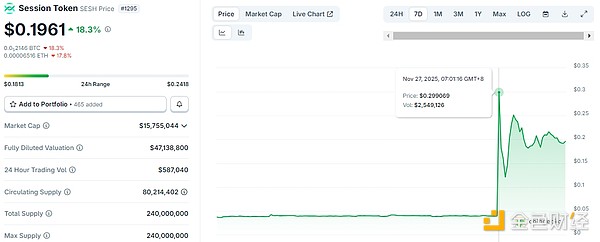BREAKING: Top U.S. Bank to Allow Consultants to Promote Bitcoin ETF
A few days ago, Bloomberg reported that Morgan Stanley will enable thousands of its financial advisors to start recommending spot Bitcoin exchange-traded funds (ETFs) to clients in the near future.
The firm has reportedly informed its 15,000 advisors that they can begin offering clients the option to invest in BlackRock Inc.’s iShares Bitcoin Trust (IBIT) or the Fidelity Wise Origin Bitcoin Fund (FBTC). Despite multiple reports, including one by CNBC, Morgan Stanley chose not to comment on the development at the time.
According to new information from multiple sources on X (Twitter), including Poloniex and Cointelegraph , the bank’s financial advisors are officially allowed to offer clients trading in Bitcoin ETFs as of today, a historic first for a major bank.
The new policy restricts offers to clients who meet certain criteria: they must have a net worth of at least $1.5 million, possess a high-risk tolerance, and be interested in speculative investments.
Morgan Stanley’s move may influence other banks that are cautious about entering the digital asset space to reconsider their stance. After the U.S. Securities and Exchange Commission approved several spot Bitcoin ETFs in January, those funds have significantly exceeded expectations in terms of assets and flows.
Disclaimer: The content of this article solely reflects the author's opinion and does not represent the platform in any capacity. This article is not intended to serve as a reference for making investment decisions.
You may also like
Bitcoin security reaches a historic high, but miner revenue drops to a historic low. Where will mining companies find new sources of income?
The current paradox of the Bitcoin network is particularly striking: while the protocol layer has never been more secure due to high hash power, the underlying mining industry is facing pressure from capital liquidation and consolidation.

What are the privacy messaging apps Session and SimpleX donated by Vitalik?
Why did Vitalik take action? From content encryption to metadata privacy.

The covert war escalates: Hyperliquid faces a "kamikaze" attack, but the real battle may have just begun
The attacker incurred a loss of 3 million in a "suicidal" attack, but may have achieved breakeven through external hedging. This appears more like a low-cost "stress test" targeting the protocol's defensive capabilities.

